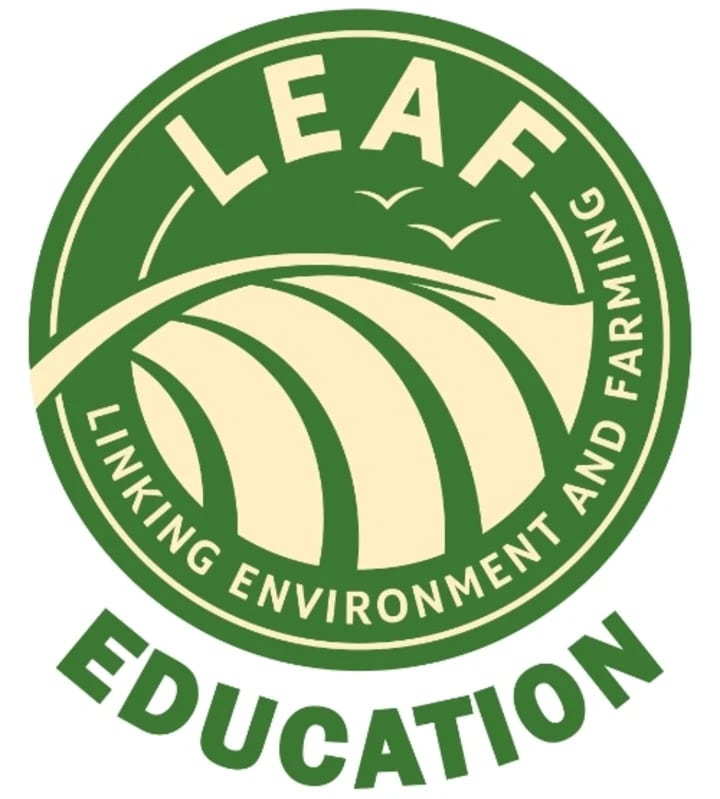Download the full press release here
When Countryside Classroom launched a little over a year ago the mission was simple: To help teachers to educate their pupils about food, farming and the natural environment in a fun and creative way whilst making the search for relevant and up to date resources as easy as possible, whilst being free at point of access.
Over 31,000 people use the Countryside Classroom site and over 200 contributors have joined to share resources, activities and advice. The team at FACE, the lead partner, recently commissioned research with 500 non-users of the resource to find out what they teach and what would make them more likely to engage.
The main objectives of this research were to:
- Identify how aware teachers are of the benefits of learning about food, farming and the natural environment, by exploring the perceived importance of educating children in these areas.
- Explore how motivated teachers are to incorporate food, farming and the natural environment into their regular teaching practice.
- Understand how able teachers are to incorporate food, farming and the natural environment into their teaching practice.
In many ways the results were to be expected but there is much to learn and much to do to address the concerns and issues, which will be taken on as the next challenge for Countryside Classroom and its partners.
It is clear from the feedback that the food battle is one that we are winning, and one that receives a good level of publicity. Partners like the British Nutrition Foundation and School Food Matters are supported by school food guidelines, while cookery’s status in the curriculum has seen a huge step up. 99% of teachers said it was important or very important for children to learn about a healthy diet and nutrition.
However, it’s impossible to really learn about food and make informed choices about it without an understanding of the people, places and processes behind it. Encouragingly, 42% of teachers regularly incorporate the natural environment into their teaching. But this compares with only 11% who do the same with farming. Yet farming, as the most vital human activity on earth, makes the essential connection between our natural environment and the food we eat.
Dan Corlett, Chief Executive of FACE, the lead partner for Countryside Classroom said: "We undertook this research to understand the pressures and needs of teachers who have a critical role in educating our children. They are the gatekeepers to a child's understanding of the countryside. The research shows there is a huge appetite from teachers and we hope more and more come and use the free resources on the website."
It seems that there is work to do to support more secondary teachers to access relevant Key Stage materials for food, farming and the natural environment. There is a clear appetite amongst primary and secondary teachers to incorporating food, farming and the natural environment more regularly into their teaching – 79% said they would like to do so more often.
Ian Pigott, Chair of FACE said: "The revolution in school food and children's access to food education over the last decade is nothing short of amazing. However I have real concerns that although pupils will be able to leave school knowing how to cook an egg they won't know where one comes from." He continued: "It is vital that all children have access to information about farming and the countryside. After all it is a key part of our lifecycle and the lifecycle of our food - not only that getting muddy and learning about bees or holding a baby chick is fun."















